Pramod Vadiraja
Leveraging Reinforcement Learning for evaluating Robustness of KNN Search Algorithms
Feb 10, 2021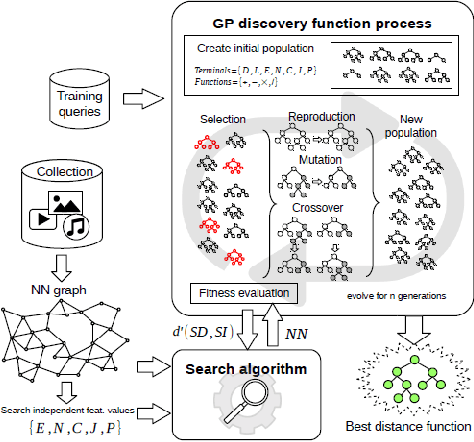
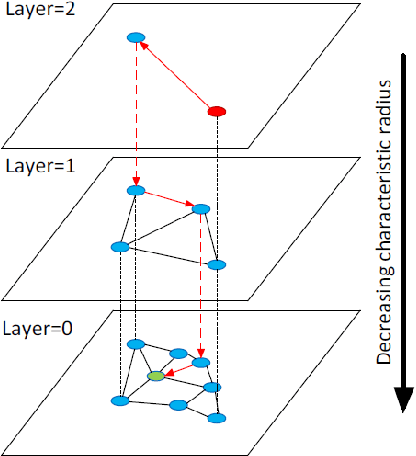
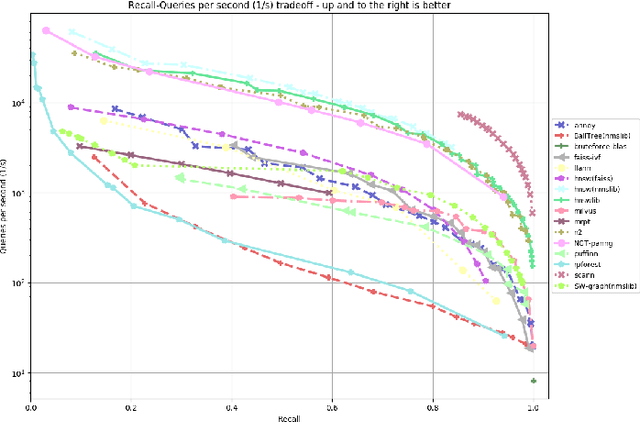
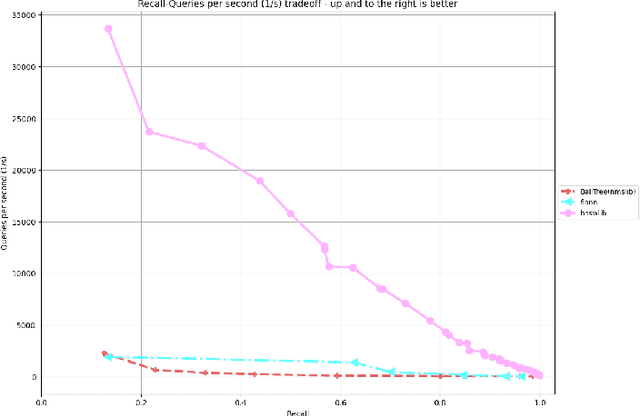
Abstract:The problem of finding K-nearest neighbors in the given dataset for a given query point has been worked upon since several years. In very high dimensional spaces the K-nearest neighbor search (KNNS) suffers in terms of complexity in computation of high dimensional distances. With the issue of curse of dimensionality, it gets quite tedious to reliably bank on the results of variety approximate nearest neighbor search approaches. In this paper, we survey some novel K-Nearest Neighbor Search approaches that tackles the problem of Search from the perspectives of computations, the accuracy of approximated results and leveraging parallelism to speed-up computations. We attempt to derive a relationship between the true positive and false points for a given KNNS approach. Finally, in order to evaluate the robustness of a KNNS approach against adversarial points, we propose a generic Reinforcement Learning based framework for the same.
Visual Probing and Correction of Object Recognition Models with Interactive user feedback
Dec 29, 2020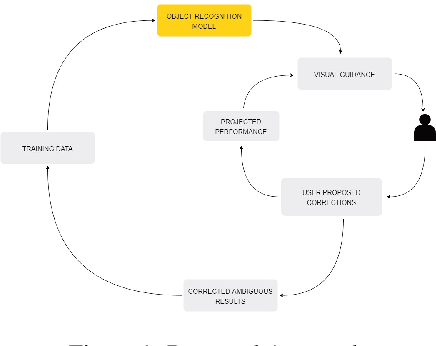
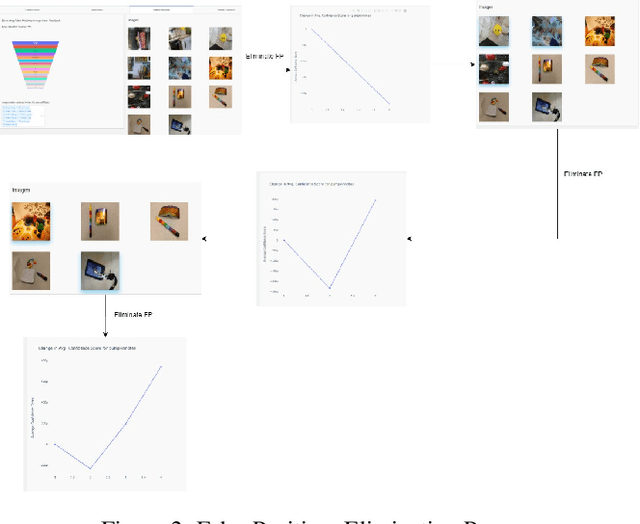
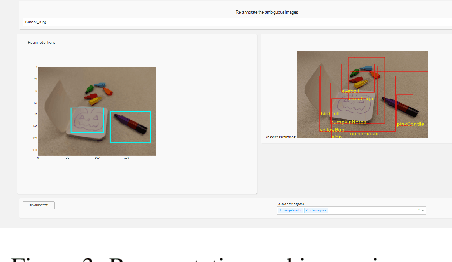
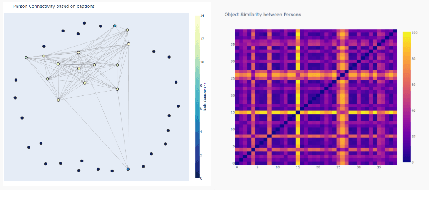
Abstract:With the advent of state-of-the-art machine learning and deep learning technologies, several industries are moving towards the field. Applications of such technologies are highly diverse ranging from natural language processing to computer vision. Object recognition is one such area in the computer vision domain. Although proven to perform with high accuracy, there are still areas where such models can be improved. This is in-fact highly important in real-world use cases like autonomous driving or cancer detection, that are highly sensitive and expect such technologies to have almost no uncertainties. In this paper, we attempt to visualise the uncertainties in object recognition models and propose a correction process via user feedback. We further demonstrate our approach on the data provided by the VAST 2020 Mini-Challenge 2.
A Survey on Knowledge integration techniques with Artificial Neural Networks for seq-2-seq/time series models
Aug 13, 2020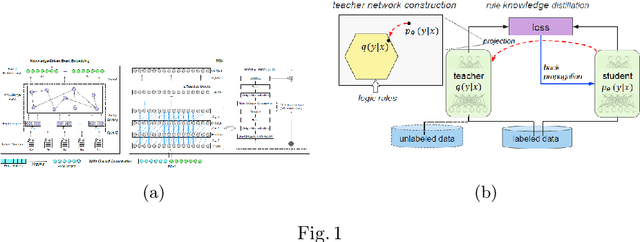
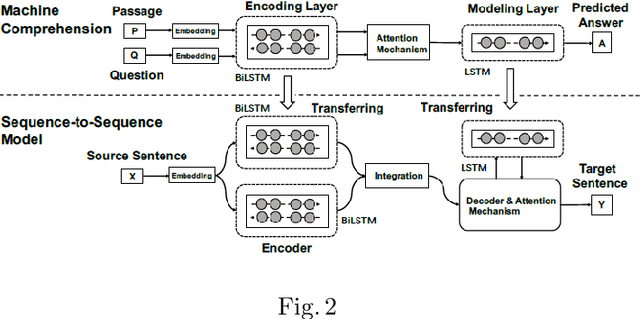
Abstract:In recent years, with the advent of massive computational power and the availability of huge amounts of data, Deep neural networks have enabled the exploration of uncharted areas in several domains. But at times, they under-perform due to insufficient data, poor data quality, data that might not be covering the domain broadly, etc. Knowledge-based systems leverage expert knowledge for making decisions and suitably take actions. Such systems retain interpretability in the decision-making process. This paper focuses on exploring techniques to integrate expert knowledge to the Deep Neural Networks for sequence-to-sequence and time series models to improve their performance and interpretability.
 Add to Chrome
Add to Chrome Add to Firefox
Add to Firefox Add to Edge
Add to Edge